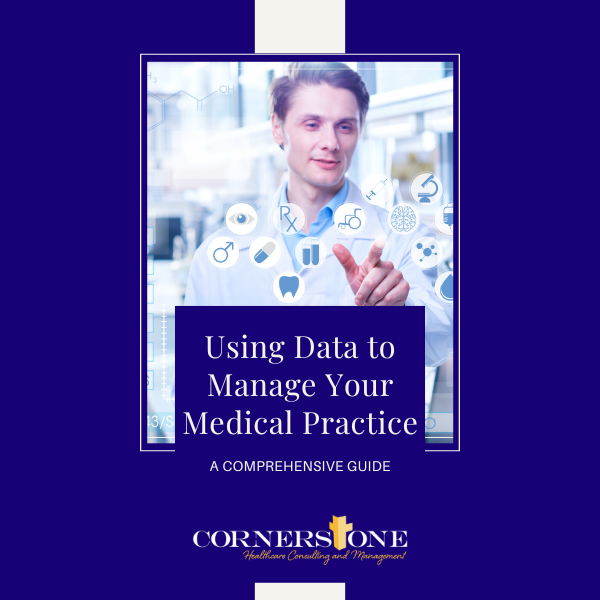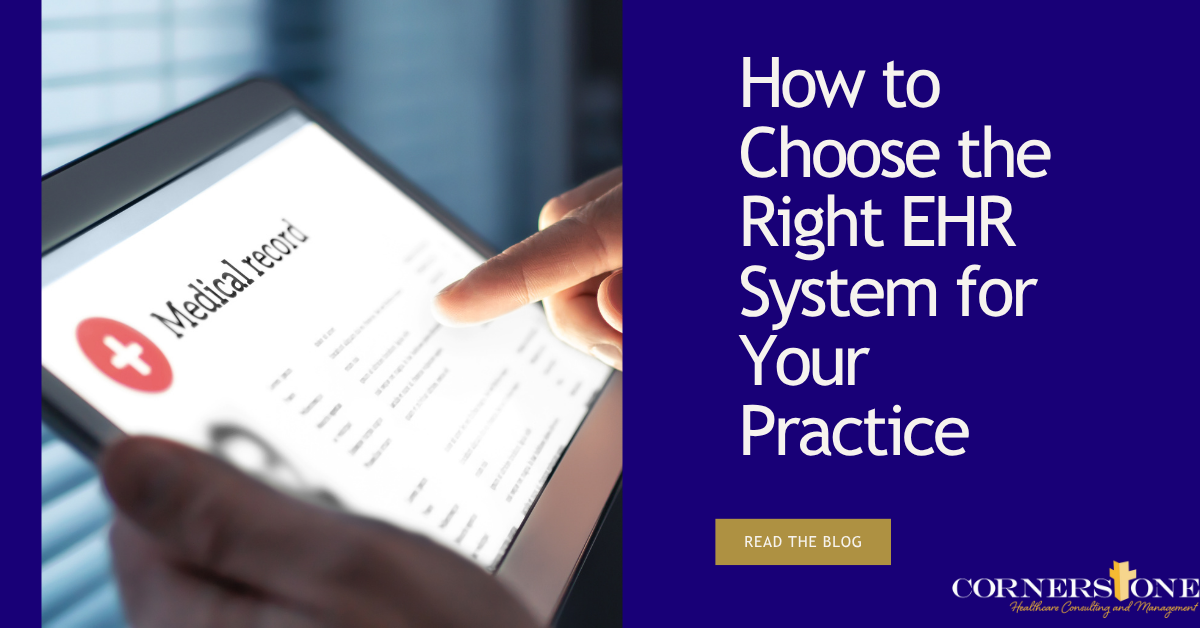
Using Data to Manage Your Medical Practice
In today’s fast-paced healthcare environment, managing a medical practice efficiently requires more than just medical expertise—it demands strategic use of data. By leveraging data analytics, healthcare professionals can streamline operations, enhance patient care, and drive practice growth. This guide delves into the transformative power of data in medical practice management and offers practical insights for healthcare professionals, practice managers, and doctors.
Why Data Matters in Healthcare Management
Improving Patient Care
Data-driven decision-making can significantly enhance patient outcomes. By analyzing patient records, treatment plans, and outcomes, healthcare providers can identify trends, uncover areas for improvement, and ensure that each patient receives personalized, evidence-based care.
Enhancing Operational Efficiency
Efficient practice management hinges on understanding and optimizing operations. Data analytics allows practice managers to monitor workflow, identify bottlenecks, and allocate resources more effectively. This results in reduced wait times, improved staff productivity, and better resource utilization.
Financial Management
Data plays a crucial role in financial planning and management. By tracking billing, revenue cycles, and expenses, healthcare practices can identify patterns, forecast future financial performance, and make informed budgeting decisions. This helps in maintaining financial health and ensuring sustainable growth.
Key Data Sources for Medical Practices
Electronic Health Records (EHRs)
EHRs are a goldmine of patient information. They contain data on patient demographics, medical history, medications, lab results, and more. Analyzing EHR data can help practices improve patient care, identify risk factors, and ensure compliance with medical guidelines.
Practice Management Systems
PMS software manages the daily operations of a medical practice, including scheduling, billing, and reporting. Data from PMS can provide insights into appointment trends, cancellations, and no-shows, enabling practices to optimize scheduling and improve patient flow.
Patient Feedback
Patient surveys and feedback forms are valuable sources of data on patient satisfaction and experience. Analyzing this feedback can help practices identify areas for improvement, enhance patient engagement, and build a loyal patient base.
Practical Applications of Data in Medical Practice Management
Workflow Optimization
By analyzing data on appointment scheduling, patient wait times, and staff productivity, practices can identify inefficiencies and implement changes to improve workflow. For instance, data may reveal peak times that require additional staffing or highlight processes that need streamlining.
Patient Population Health Management
Data analytics can help practices manage patient populations more effectively. By segmenting patients based on demographics, chronic conditions, or risk factors, practices can develop targeted care plans, preventive measures, and outreach programs to improve overall population health.
Revenue Cycle Management
Analyzing billing and payment data can uncover issues in the revenue cycle, such as delayed payments or denied claims. By addressing these issues, practices can improve cash flow, reduce outstanding receivables, and ensure accurate billing practices.
Strategic Decision-Making
Data-driven insights support strategic decision-making at all levels of a medical practice. Whether it’s expanding services, investing in new technologies, or hiring additional staff, data can provide the evidence needed to make informed, confident decisions.
Best Practices for Data Management in Healthcare
Ensure Data Accuracy
Accurate data is the foundation of effective data management. Implement robust data entry protocols, regularly audit data for accuracy, and provide training for staff to ensure that data is entered correctly and consistently.
Maintain Data Security
Protecting patient data is paramount. Ensure compliance with HIPAA and other relevant regulations, implement strong cybersecurity measures, and educate staff on best practices for data security.
Foster a Data-Driven Culture
Encourage a culture of data-driven decision-making within your practice. Provide training and resources to help staff understand the importance of data, how to interpret it, and how to apply insights to their daily work.
Conclusion
The integration of data analytics into medical practice management is not just a trend—it’s a necessity. By harnessing the power of data, healthcare professionals and practice managers can improve patient care, enhance operational efficiency, and drive sustainable growth. Start by identifying key data sources, implementing best practices for data management, and fostering a data-driven culture within your practice. The future of healthcare is data-driven, and embracing this shift will position your practice for success.
Ready to revolutionize your practice with data analytics? Contact us to begin your journey today and see the transformative impact data can have on your medical practice management.
Follow Us
Recent Blog
 How to Launch a Successful Medical Practice Startup
September 10, 2025
How to Launch a Successful Medical Practice Startup
September 10, 2025
 Transform Your Practice with Cornerstone Healthcare Consulting and Management
September 10, 2025
Transform Your Practice with Cornerstone Healthcare Consulting and Management
September 10, 2025
 How to Choose the Right EHR System for Your Medical Practice
July 31, 2025
How to Choose the Right EHR System for Your Medical Practice
July 31, 2025
Recent News
 Cornerstone Healthcare Consulting and Management Announces Promotion on Medical Practice Tune-Up Packages
June 12, 2024
Cornerstone Healthcare Consulting and Management Announces Promotion on Medical Practice Tune-Up Packages
June 12, 2024
 Private Practice Finds New Hope with Cornerstone Healthcare Consulting
December 12, 2023
Private Practice Finds New Hope with Cornerstone Healthcare Consulting
December 12, 2023
 Cornerstone and Azeros Introduce Health Plan Innovation
November 23, 2021
Cornerstone and Azeros Introduce Health Plan Innovation
November 23, 2021

